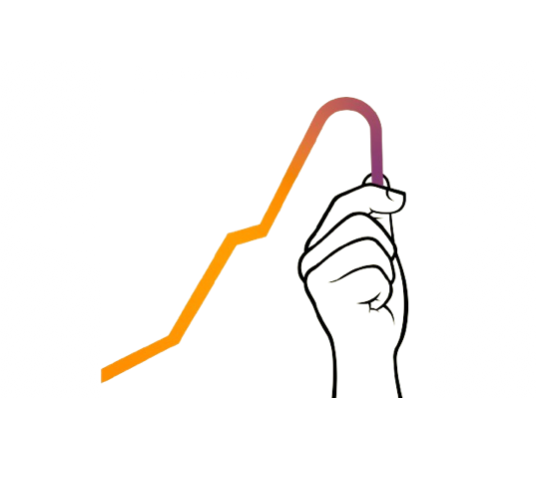The outbreak of coronavirus disease- first emerged at the end of December 2019, from the Hunan seafood market in Wuhan City of China, and declared as an international public health emergency in a couple of weeks by the World Health Organization . It is an infectious disease caused by severe acute respiratory syndrome coronavirus-2 .To control the spread of the virus and reduce the death rate, the governments of most of the affected countries initiated to restrict the movement of people. When we outline the global figure, it can be observed that India restricted the movement of the largest number of people (approximately 1.3 billion) as a preventive measure of COVID-19, which started from March 24,2020. Except emergency services (e.g., medical, fire, police, food supply etc.), all other organizations including educational institutions were closed to encourage people to stay at home. All the public transport services (e.g., bus, truck, train, aeroplanes etc.) were suspended, with exceptions of the transportation of essential goods and emergency services . In Italy, the most extensive travel restrictions were put into place since the second World War In London, the typically busy pubs, bars and theatres were closed, and people were advised to stay at home. As of April 7, 2020, World Economic Forum reported, nearly 3 billion people faced with some form of lockdown globally, and movement was constantly being restricted by respective governments to curb COVID-19 infection
Overall, the pandemic has caused huge global socio-economic disruption, which directly or indirectly has affected our environment like improvement of air and water quality, reduction of noise and restoration of ecology Moreover, the increased use of personal protective equipment (PPE) (e.g., face mask, hand gloves, gowns, goggles, face shield etc.), and their haphazard disposal creates environmental burden. As industries, transportation and companies have closed down, it has brought a sudden drop of greenhouse gases (GHGs) emissions .Water pollution is a common phenomenon of a developing country like ours, and Bangladesh, where domestic and industrial wastes are dumped into rivers without treatment .. During the lockdown period, the major industrial sources of pollution have shrunk or completely stopped, which helped to reduce the pollution load , the quarantine and lockdown measures mandate that people stay at home and reduced economic activities and communication worldwide, which ultimately reduced noise level in most cities Due to the outbreak of COVID-19 and local restrictions, the number of tourists have reduced in the tourist spots around the world Since the outbreak of COVID-19,reducing the environmental stress on major tourist spots.
On the other hand, medical waste generation has significantly increased globally, which is a major threat to public health and environment. For sample collection of the suspected COVID-19 patients, diagnosis, treatment of huge number of patients, and disinfection purpose lots of infectious and biomedical wastes are generated from hospitals Increase of municipal waste (both organic and inorganic) generation has direct and indirect effects on environment like air, water and soil pollution Due to the pandemic, quarantine policies established in many countries have led to an increase in the demand of online shopping for home delivery, which ultimately increase the amount of household wastes from shipped package materials It is assumed that, all of these environmental consequences are short-term. So, it is high time to make a proper strategy for long-term benefits as well as sustainable environmental management. The COVID-19 pandemic has elicited a global response and has made us united to win against the virus. Similarly, to protect this globe, the home of human beings, united effort of the countries should always be imperative.

